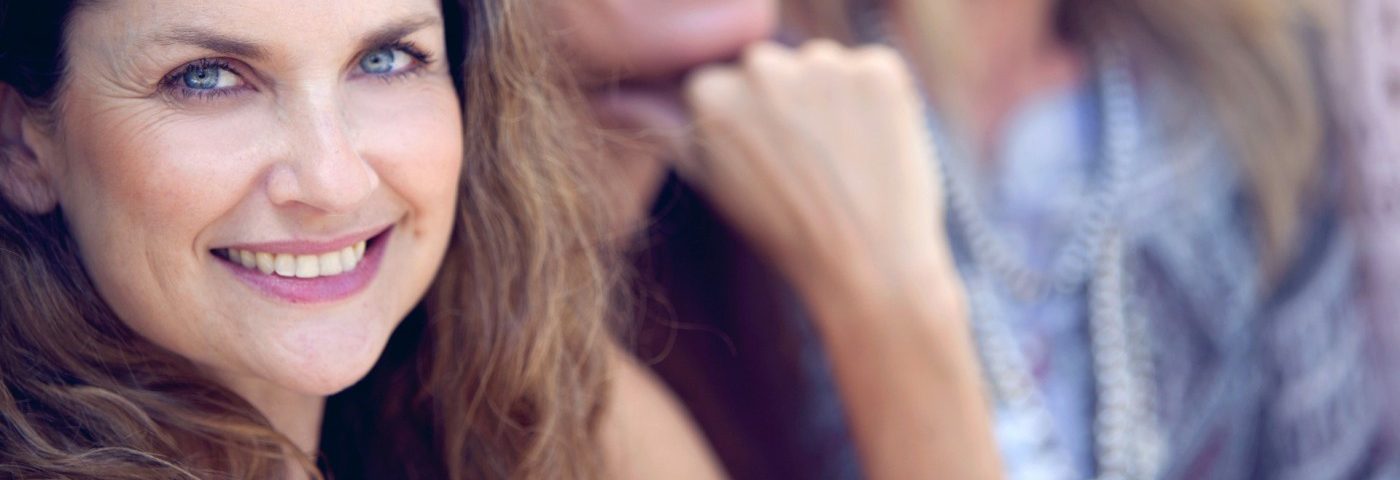Women with stronger social networks while receiving treatment for breast cancer were found to have better outcomes than those without a support system, recent evidence suggests.
This doesn’t mean that someone without strong family or friend connections should expect the worse. It simply highlights the importance of creating a support system if none exists, said Nichole Cook, a breast imaging nurse coordinator at Penn State Breast Center.
“While most women do have support, we see many who don’t have anyone to take them to and from appointments or sit next to them as they receive test results,” Cook said in a press release.
Cook usually encourages patients to search for a support group, such as the one offered at Penn State Breast Center, which meets the second Monday of every month.
“From diagnosis through treatment, there is such a wide range of emotions that women go through, and that can be tough on those who feel socially isolated,” Cook said. “A support group is a great way to connect with others who are going through the same thing. They can talk, complain, share their experiences, and provide information and a hug.”
Such groups may provide an appropriate environment that allows members to trade tips on coping with side effects to discussing alternative ways of dealing with their moods and thoughts, among other possibilities.
“I think just having that circle of people who understand and are dealing with the same issues is beneficial,” Cook added.
Social connections may not be strengthened solely within a support group. Patients might find that talking to their significant other, a friend, a family member who cares and is capable of providing the right kind of help, or even a church community can also play a key role as well. Even a pet might help by lowering blood pressure and stress levels, and giving patients someone to care for.
Following the same principles, in October 2016, After Breast Cancer Diagnosis (ABCD) launched the Power of One-to-One initiative in Wisconsin to increase access to free peer support services for breast cancer patients, survivors, and their families and friends.
“When you’re feeling lousy, you don’t want to worry about how you’re going to make lunch for yourself or take out the dog,” said Lynn Fantom, also a clinical nurse coordinator at the Penn State Breast Center.
“Caregivers sometimes feel helpless and don’t know what to do. Give them things to do. It doesn’t make you any less of a woman because you can’t do it all yourself,” Fantom said, adding that asking for help when they need it is sometimes one of the most difficult things to do.
Fantom also emphasized that patients who have high levels of faith, spirituality, and a strong belief that they will get through their cancer journey tend to stress less and have better outcomes. If patients are not religious, however, Cook said it’s important for women to surround themselves with positive energy.
“I think your attitude definitely has an impact on your healing,” Cook said. “So if you don’t have that positivity surrounding you, that has to affect your well-being, which is going to affect your outcome.”
“When they feel supported, they can face any challenge that comes forth,” Fantom added.
Both Cook and Fantom advise patients to seek community and online support networks and resources, if live support is lacking. Journaling or blogging is another good outlet for feelings.
For more information or support, call Penn State Breast Center at 800-243-1455 or ABCD’s Helpline at 800-977-4121 (or email at [email protected]).

